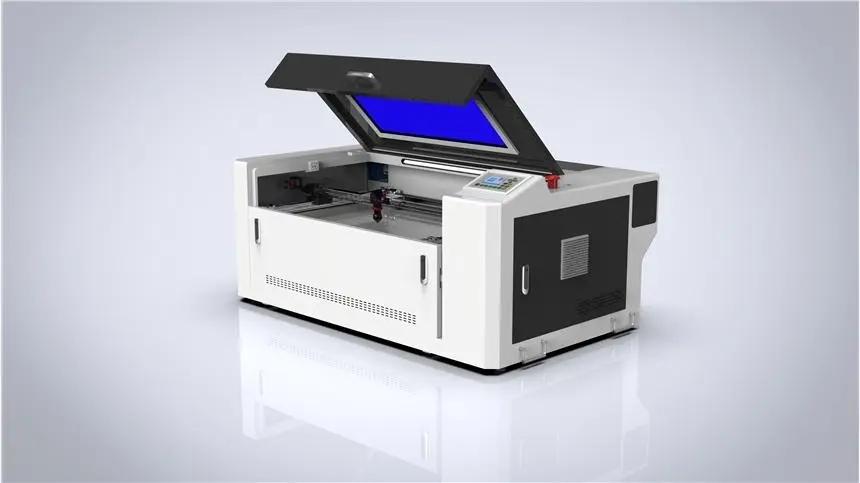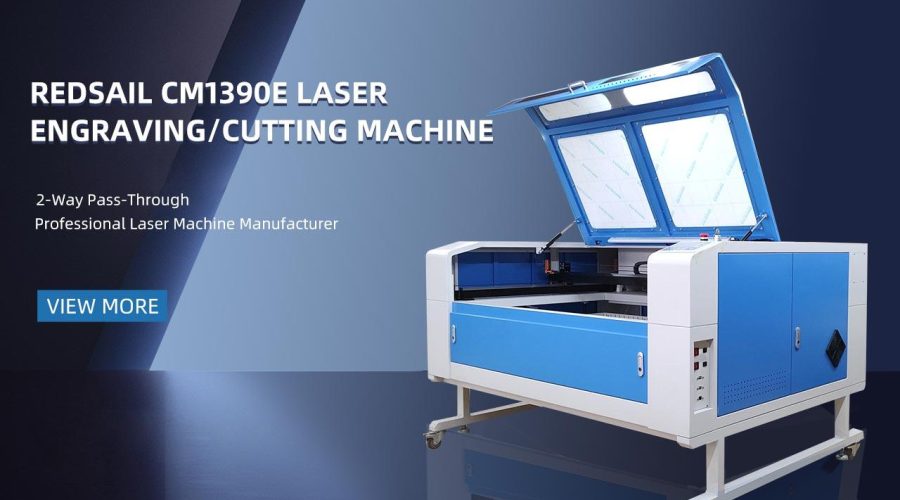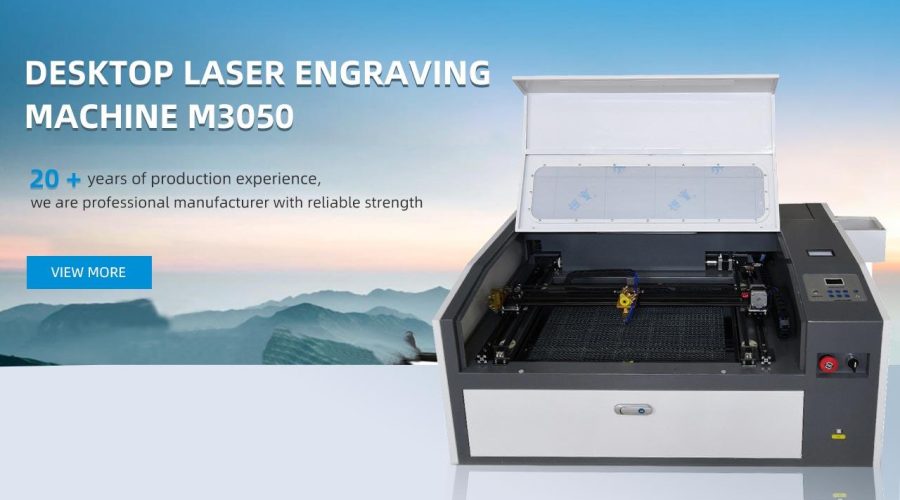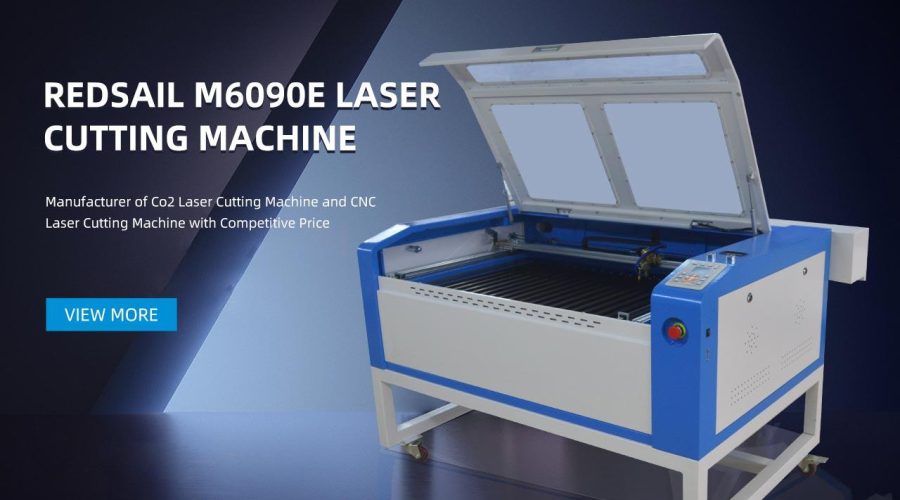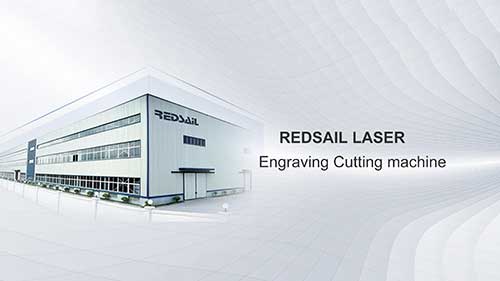What to Know about Laser Engraving Glasses: Best Practices and Benefits
The Process of Laser Engraving Glasses
Laser engraving is a meticulous process that involves using a high-powered laser to permanently etch a design onto the surface of a material. When it comes to glass, the laser’s heat causes the material to fracture and create a frosted effect. This results in a beautiful, precise engraving that can be highly detailed. There are a few key steps to keep in mind when laser engraving glasses:
- Ensure the glass is clean and free of any smudges or fingerprints, as these can interfere with the engraving process.
- Select a high-quality laser engraving machine that is specifically designed for engraving glass to achieve the best results.
- Adjust the laser settings according to the type of glass being engraved, as different types of glass may require different power and speed settings.
- Choose a design that is appropriate for the size and shape of the glass.
Benefits of Laser Engraving Glasses
There are several benefits to using laser engraving to customize glassware:
- Personalization: Laser engraving allows for the customization of glassware with names, dates, logos, or other designs, making them perfect for gifts or special occasions.
- High Quality: Laser engraving produces precise, high-quality results that are durable and long-lasting, ensuring that the design will not fade or wear off over time.
- Versatility: Laser engraving can be used on a wide variety of glassware, including wine glasses, beer mugs, shot glasses, and more, making it a versatile option for customization.
Best Practices for Laser Engraving Glasses
When it comes to laser engraving glasses, there are a few best practices to keep in mind to ensure the best results:
First, it’s important to select the right type of glass for laser engraving. Tempered glass is often ideal, as it is more resistant to the heat of the laser and less likely to crack during the engraving process. Additionally, make sure to test the laser settings on a small piece of glass before starting the engraving process to ensure the desired results.
Another important factor to consider is the design being engraved. Complex designs with fine lines and small details may require a higher-powered laser to achieve the desired level of precision. It’s also important to take into account the size and shape of the glass, as these factors can affect the placement and visibility of the engraving.
FAQs
What types of glass can be laser engraved?
While most types of glass can be laser engraved, some are more suitable for the process than others. Tempered glass is often the best choice, as it is more resistant to heat and less likely to crack during engraving. Other types of glass that can be engraved include annealed glass, borosilicate glass, and crystal.
How durable is laser engraving on glass?
Laser engraving on glass is highly durable and long-lasting. The process creates a permanent, frosted design that is resistant to fading, scratching, and wear. This makes laser-engraved glassware an ideal choice for items that will be used frequently, such as barware or drinkware.

